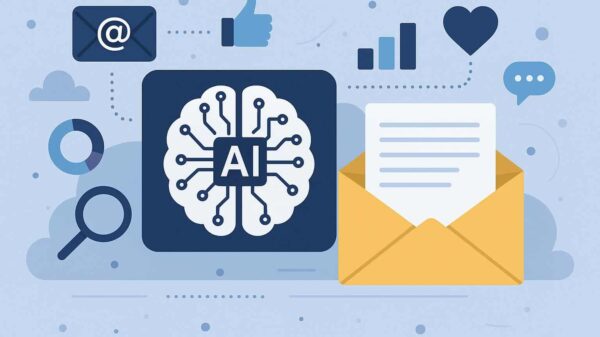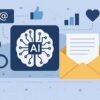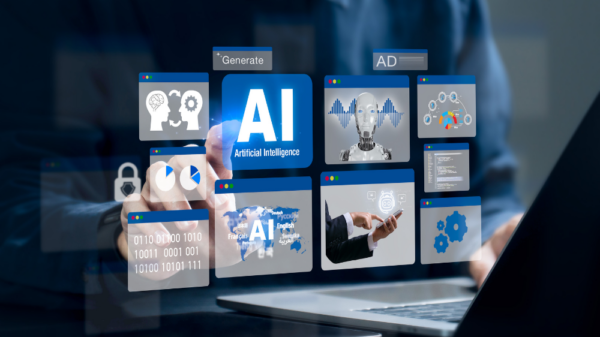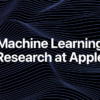In a significant development for the AI community, Hugging Face and Google Cloud have announced an expanded partnership aimed at enhancing the accessibility and performance of AI models. This collaboration focuses on three primary areas: reducing download times for Hugging Face models, offering native support for Tensors Processing Units (TPUs), and enhancing security features for enterprises utilizing these models.
One of the most notable improvements is the introduction of a new gateway for Hugging Face repositories that will cache models and datasets directly on Google Cloud. This innovation is set to dramatically decrease download times from hours to mere minutes, allowing developers to work more efficiently with Hugging Face’s extensive library of open models.
In addition to faster downloads, Google Cloud will now provide native support for TPUs for all open models available on Hugging Face. This improvement means developers can seamlessly deploy their training and inference workloads on either NVIDIA GPUs or TPUs, ensuring a consistent experience across platforms. This flexibility is vital for developers aiming for optimal performance without compromising on ease of use.
Enhanced Security for Enterprise Developers
With an increasing number of enterprise developers incorporating open models into their workflows, security is of utmost importance. The partnership aims to address this by integrating Google Cloud’s extensive security protocols into all Hugging Face models deployed through Vertex AI. Each model available in the Vertex AI Model Garden will undergo rigorous scanning and validation, leveraging advanced capabilities from Google’s Threat Intelligence platform and Mandiant to ensure a safer deployment environment.
This enhanced security framework is particularly crucial for organizations that must adhere to stringent compliance and regulatory requirements. By employing Google Cloud’s built-in security features, developers can focus on innovation without the constant worry of vulnerabilities threatening their applications.
Commitment to an Open AI Ecosystem
The primary goal of this partnership is to foster a more open AI ecosystem. By combining Hugging Face’s extensive collection of models with Google Cloud’s powerful infrastructure, the companies aim to provide developers with access to industry-leading AI tools. This initiative not only emphasizes the importance of open models but also positions Google Cloud as a competitive player in the rapidly evolving AI landscape.
This expanded collaboration signifies a step forward in optimizing the developer experience when working with AI models on Google Cloud. Developers will have access to a vast array of choices, whether they opt for a model from Google, one of its partners, or one of the thousands of available open models from Hugging Face.
As the AI community continues to grow and evolve, such partnerships will play a crucial role in shaping the future of AI development, ensuring that tools and resources remain accessible and robust for developers worldwide. For more detailed insights, visit Hugging Face’s blog.
See also Amazon Seeks $12 Billion in First US Bond Sale in Three Years Amid AI Infrastructure Race
Amazon Seeks $12 Billion in First US Bond Sale in Three Years Amid AI Infrastructure Race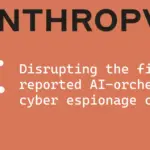 Anthropic Warns of AI-Driven Cyberattacks as Cybersecurity Reaches Critical Inflection Point
Anthropic Warns of AI-Driven Cyberattacks as Cybersecurity Reaches Critical Inflection Point India Unveils AI Governance Guidelines; Amazon Fights AI Browser Purchases
India Unveils AI Governance Guidelines; Amazon Fights AI Browser Purchases Yann LeCun Critiques Meta’s AI Focus on LLMs, Advocates for World Models Instead
Yann LeCun Critiques Meta’s AI Focus on LLMs, Advocates for World Models Instead William & Mary Launches New School of Computing to Address AI Skills Gap and Workforce Needs
William & Mary Launches New School of Computing to Address AI Skills Gap and Workforce Needs


















